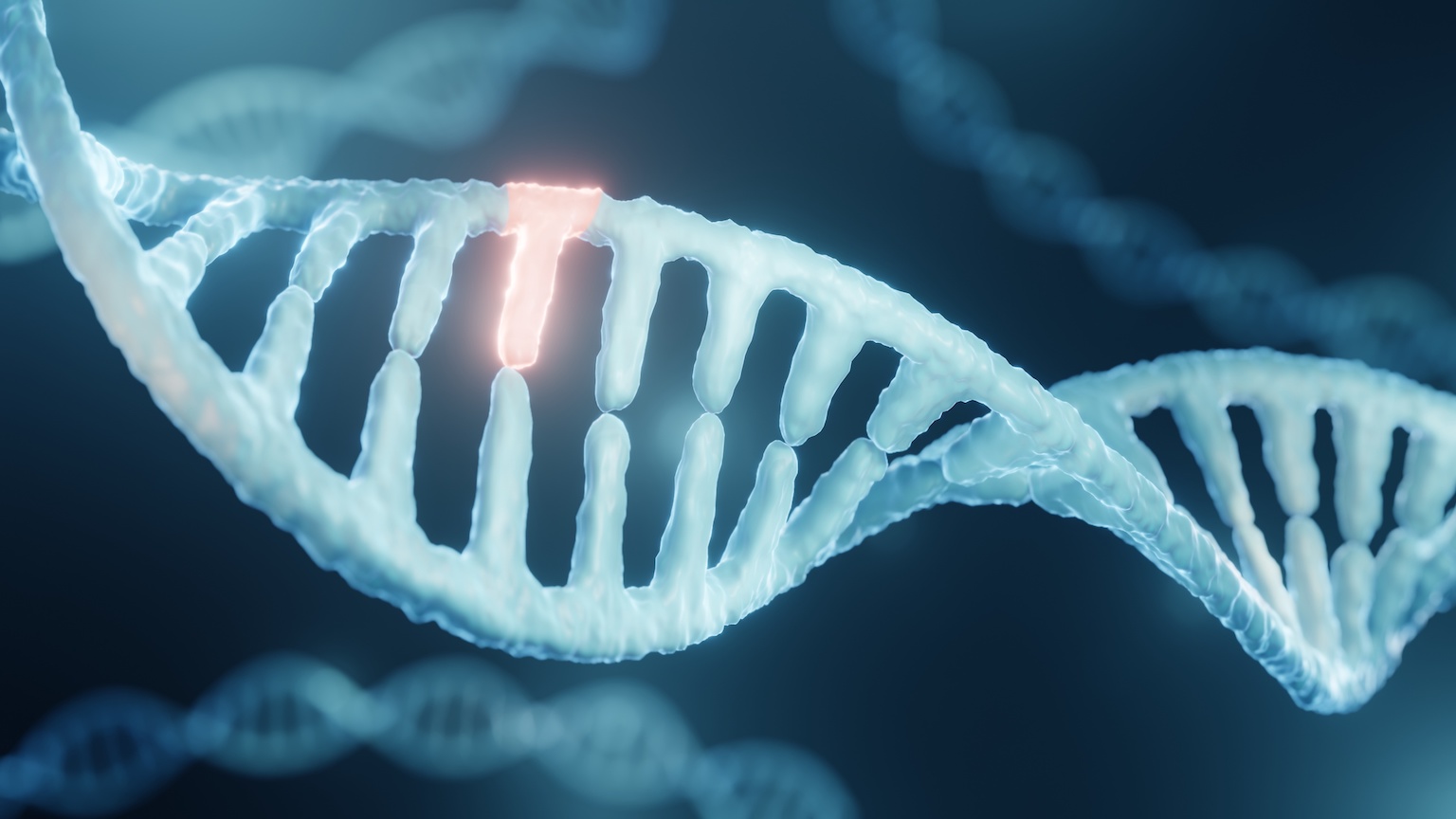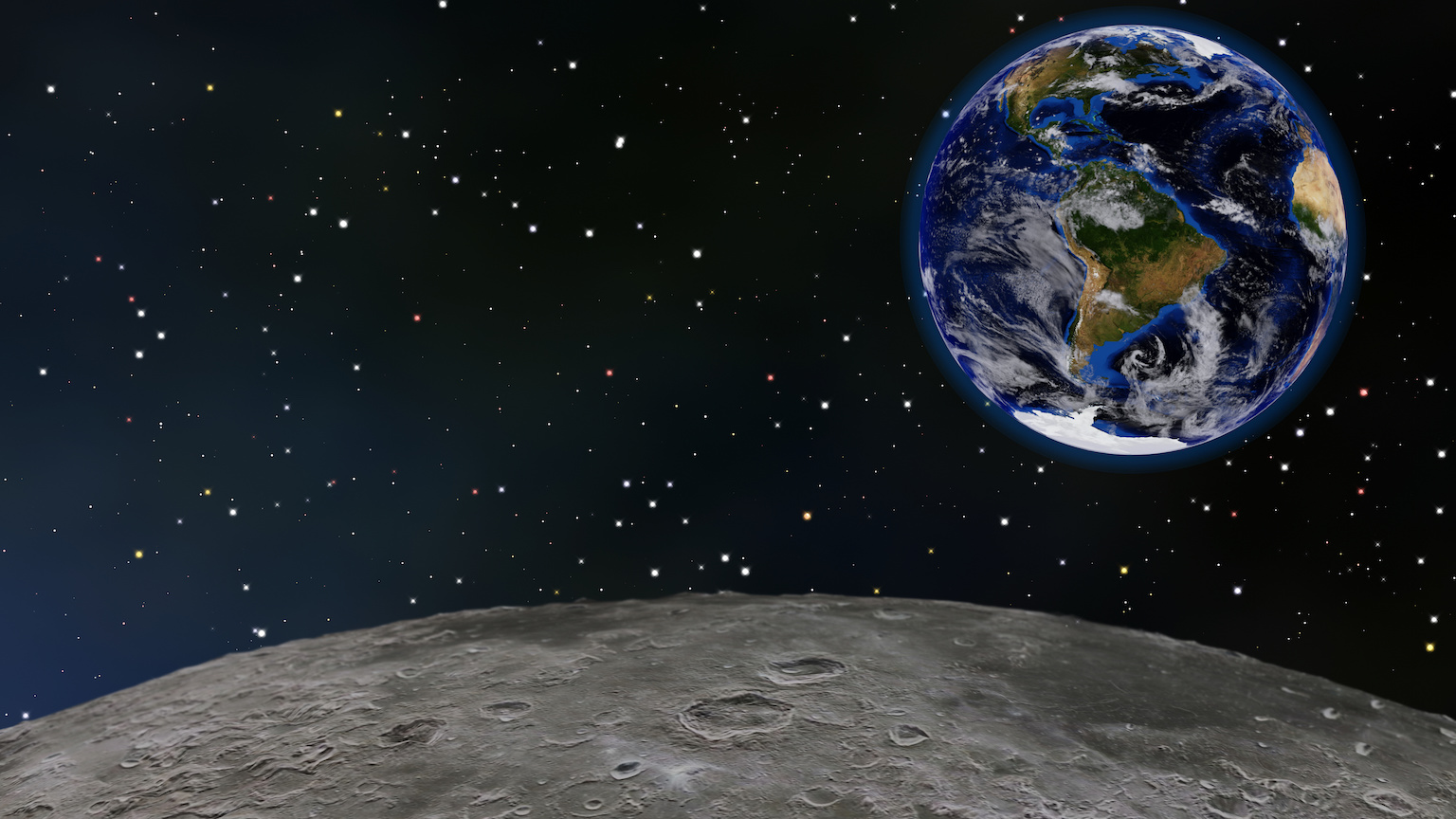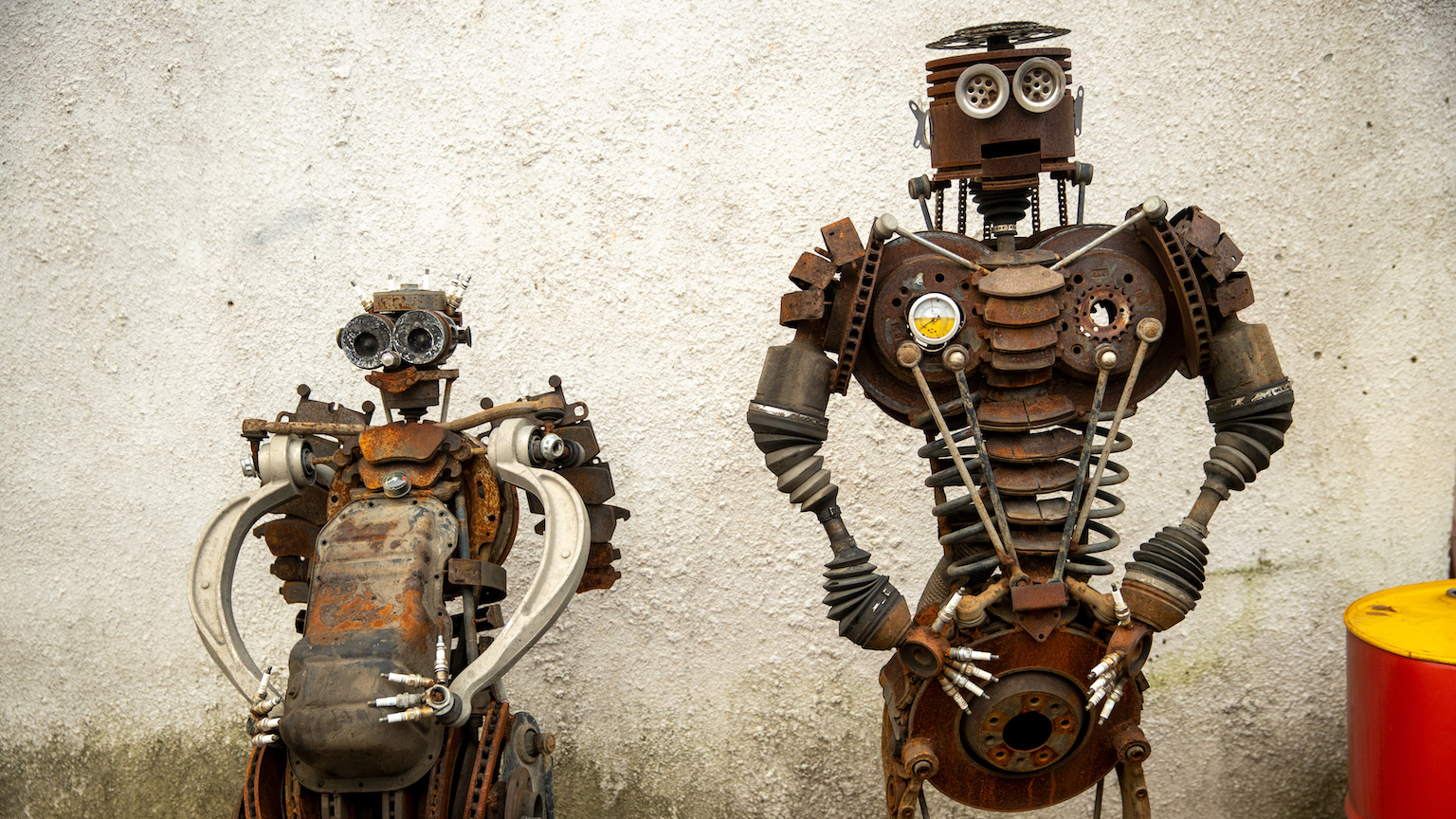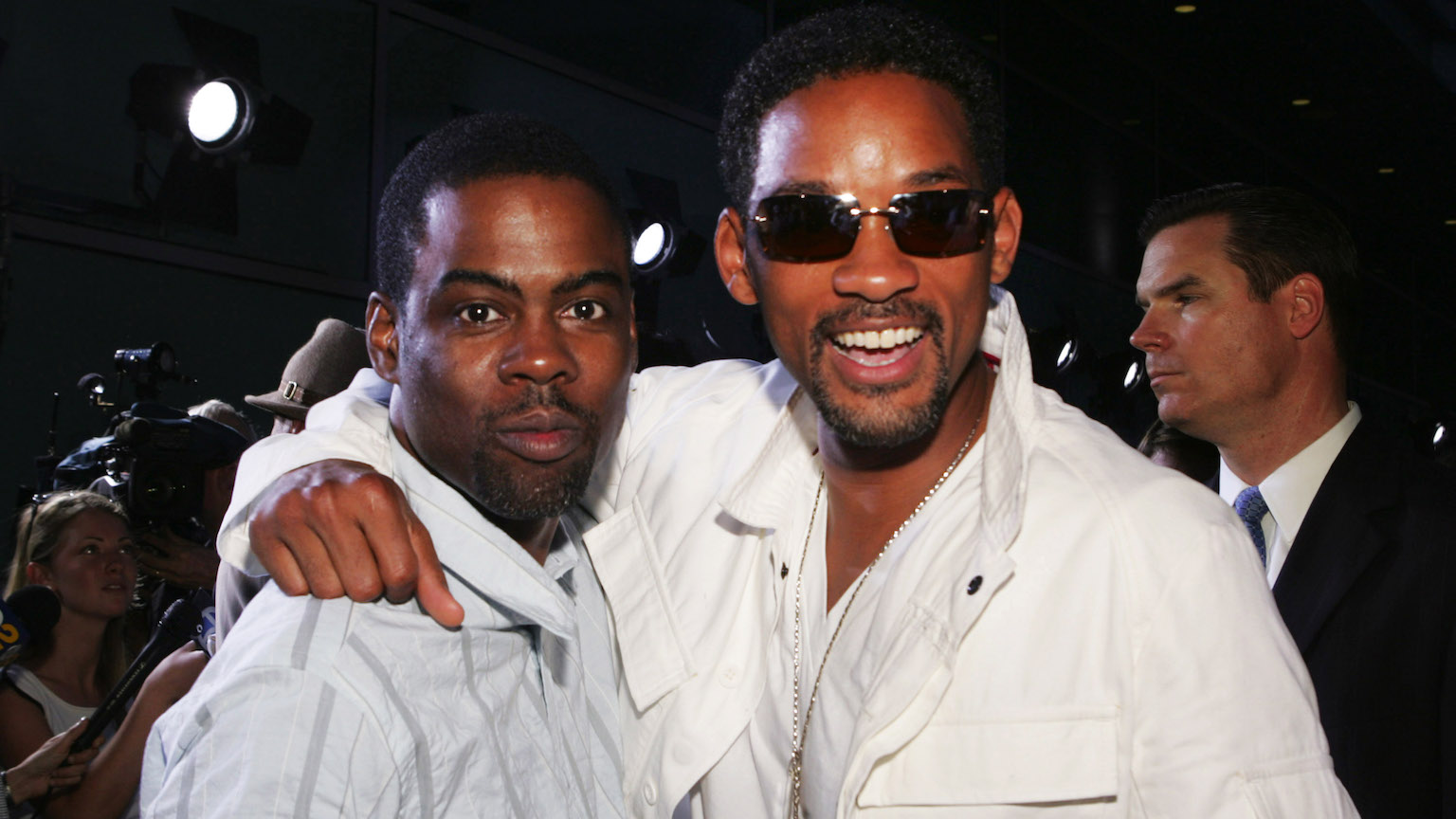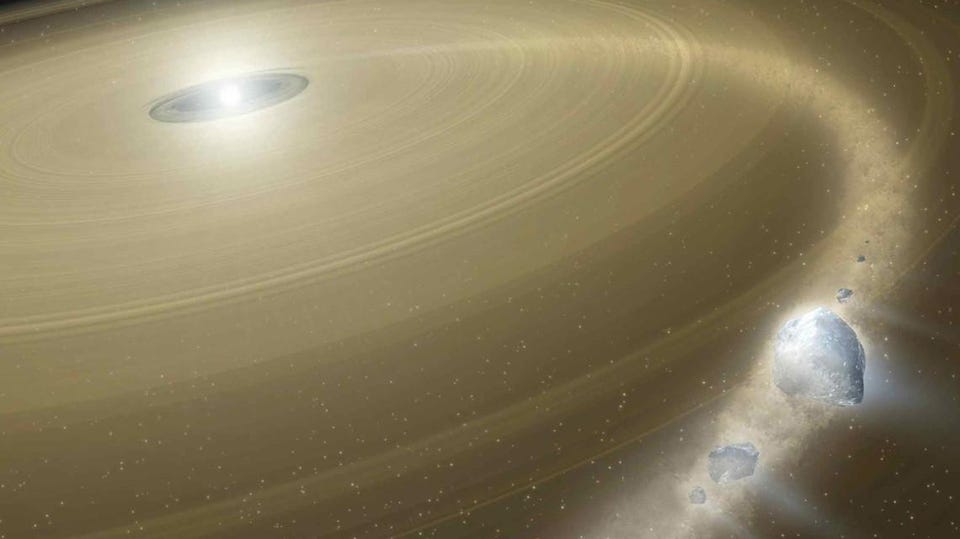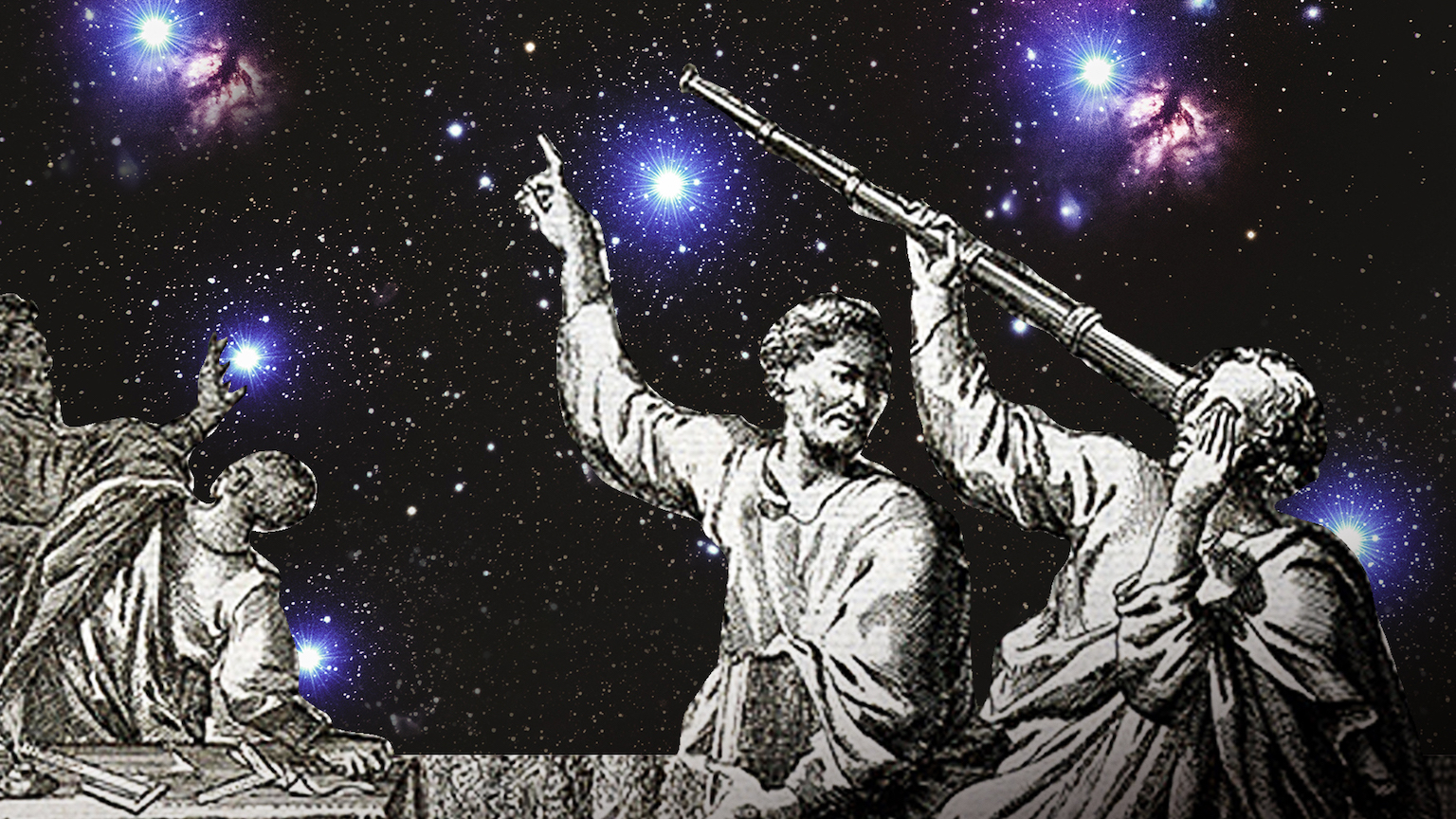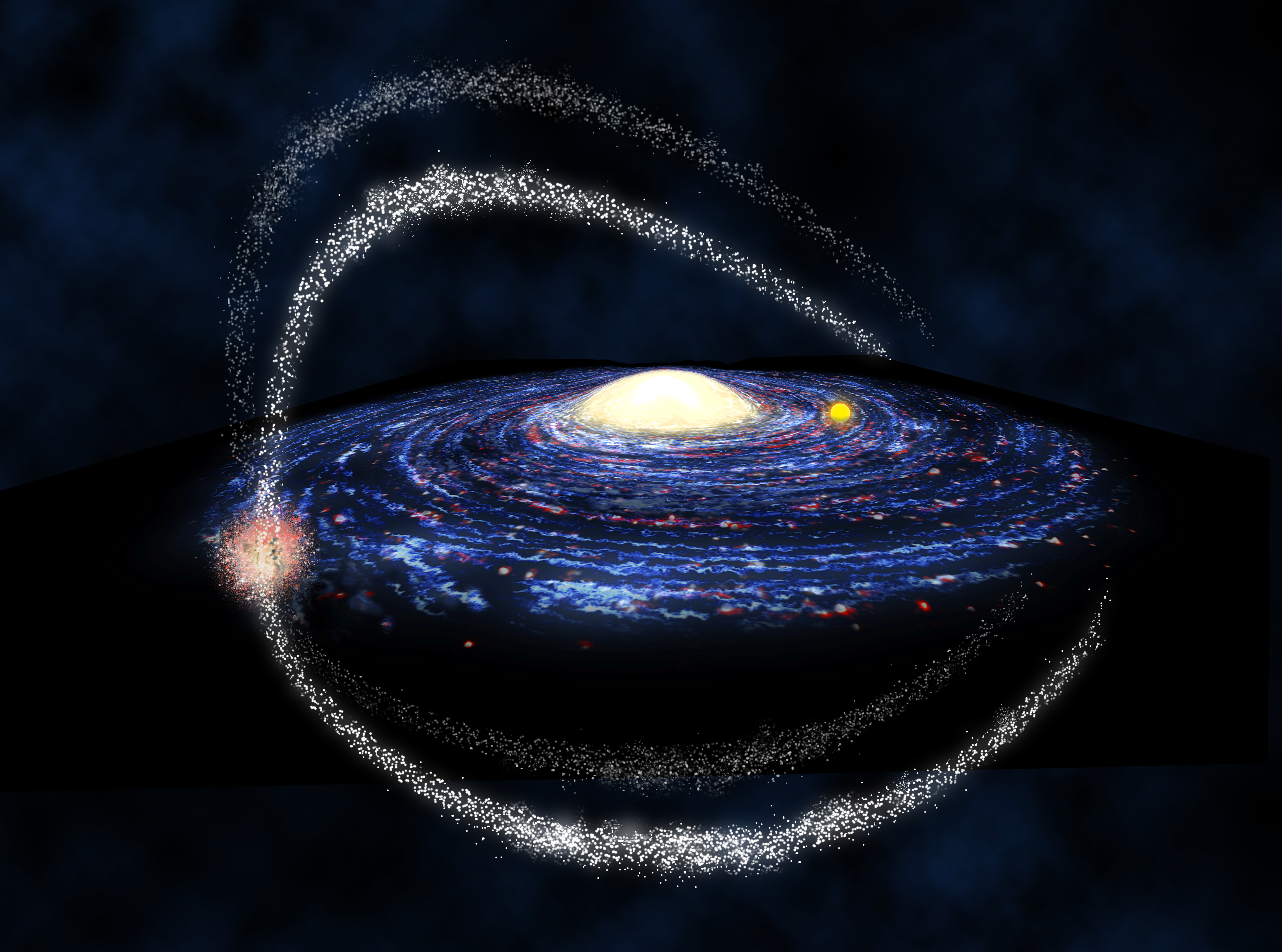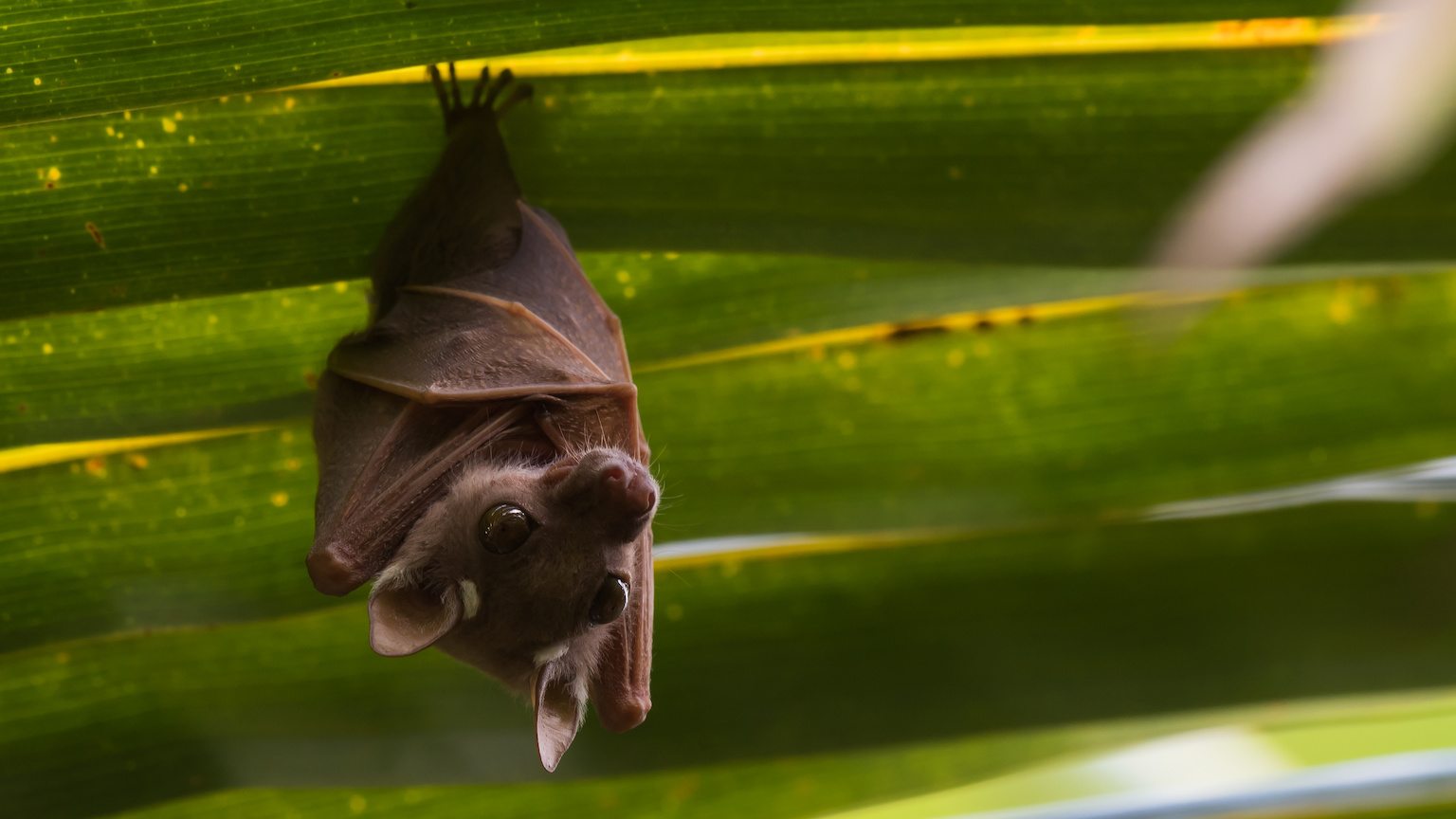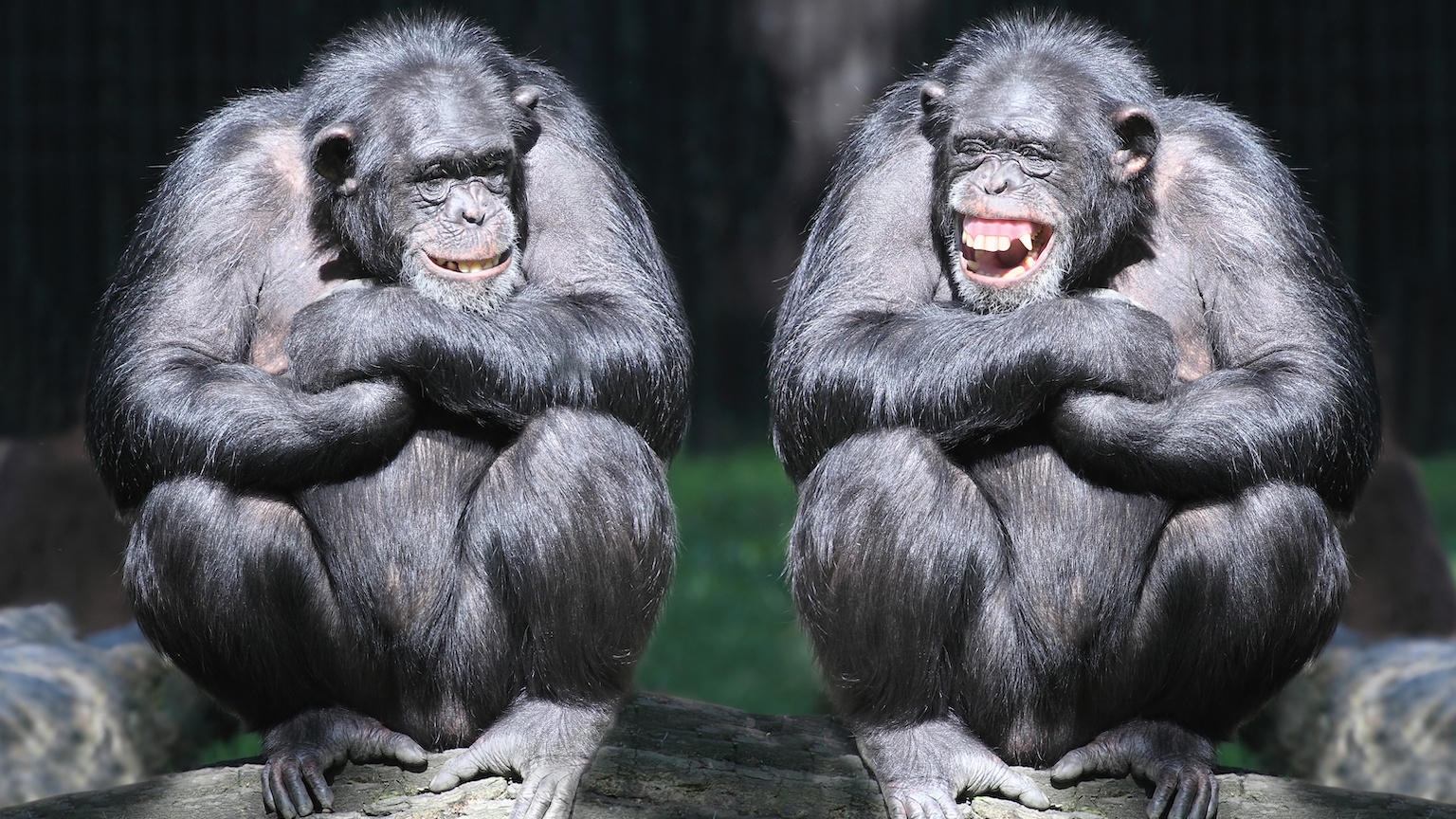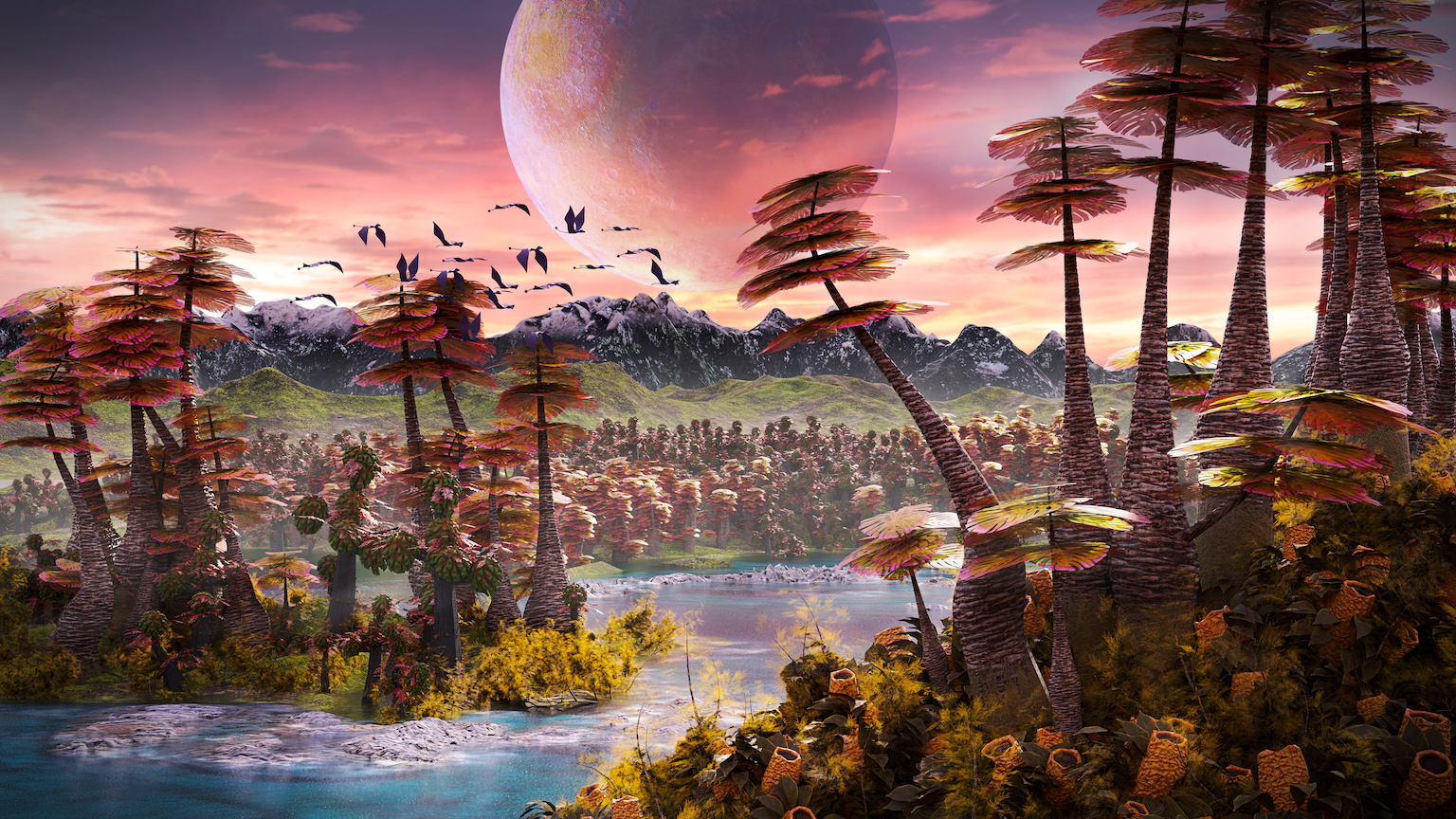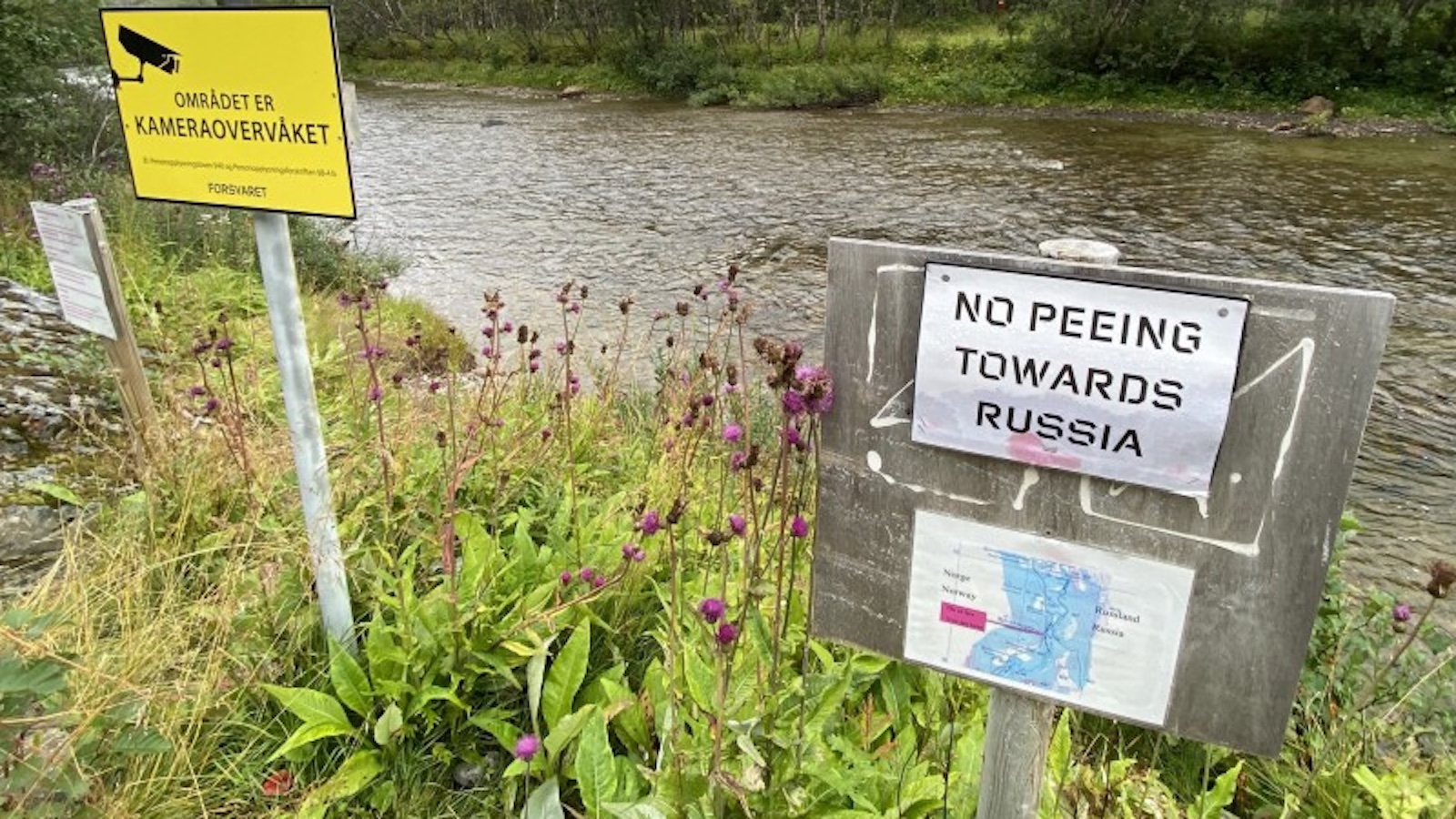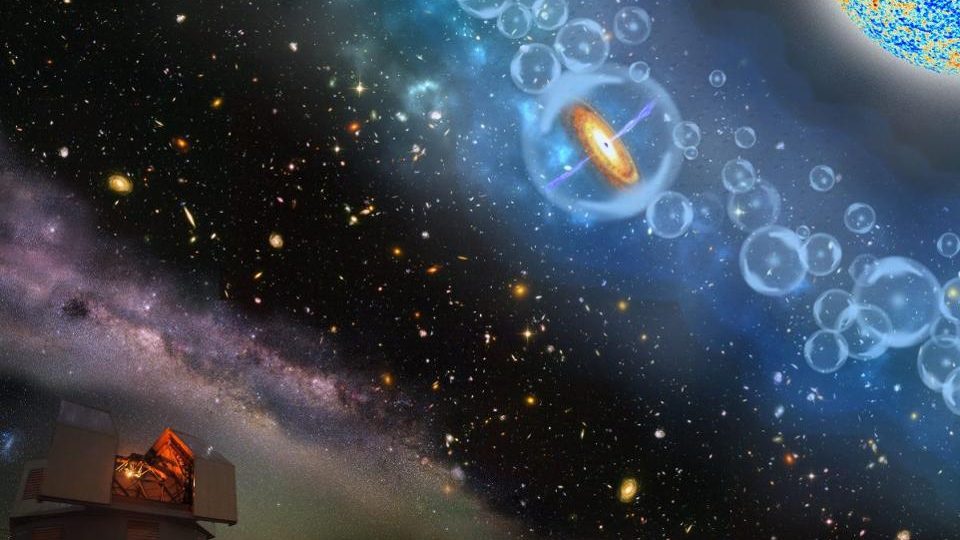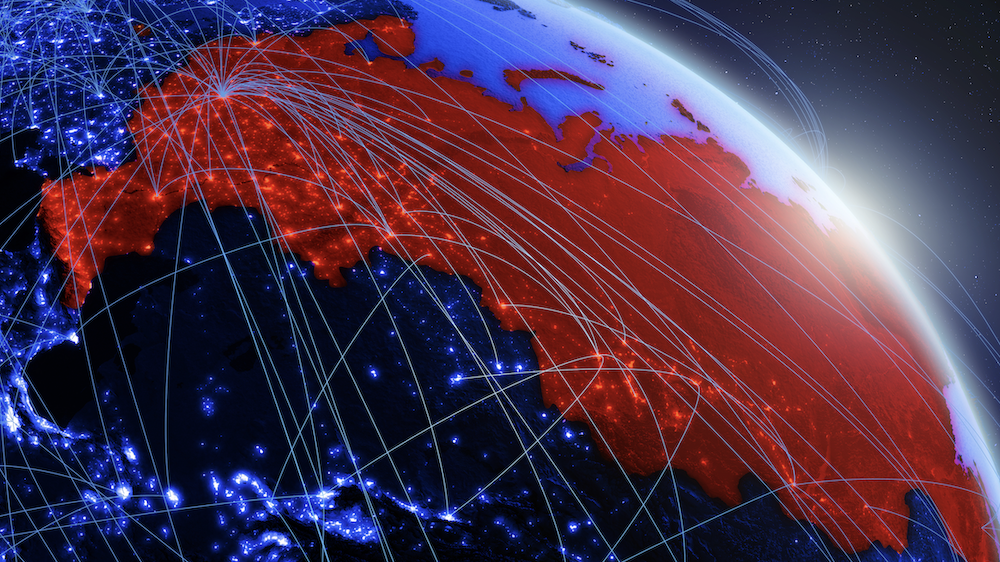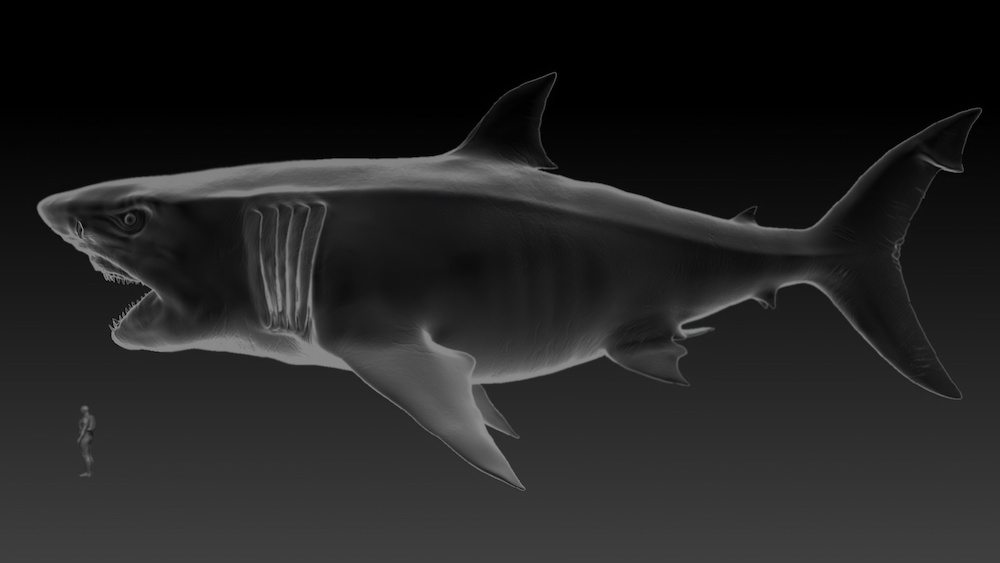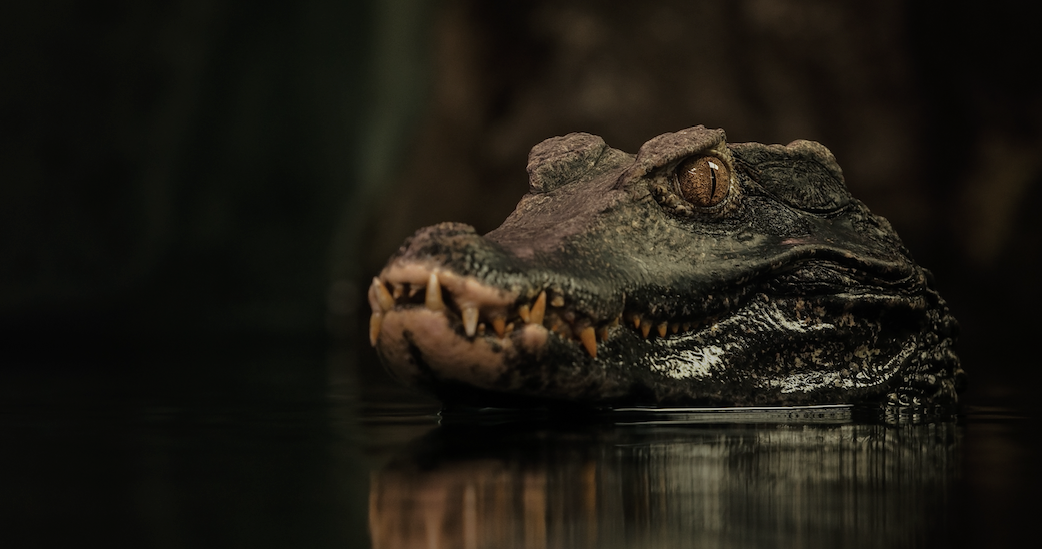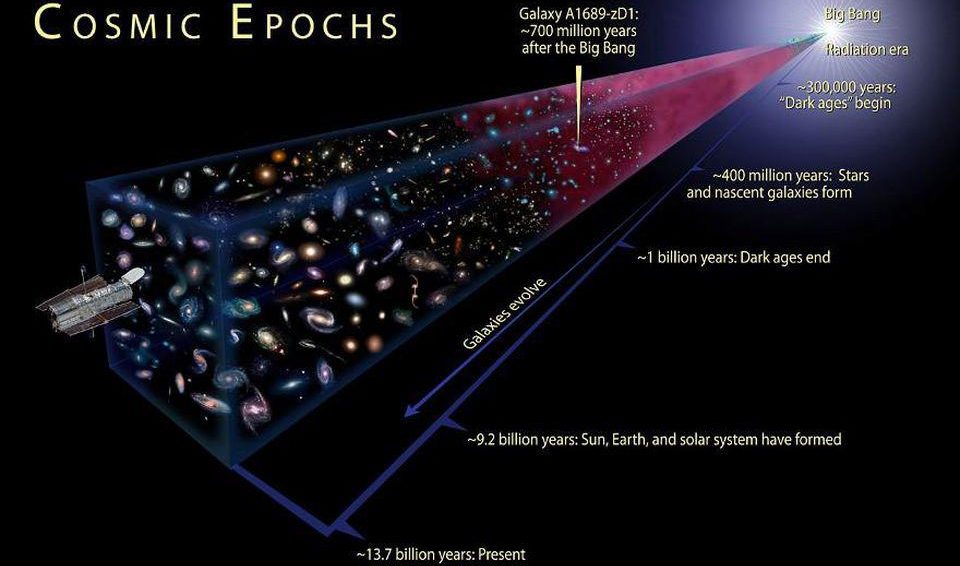Society treats teenagers as if they’re a problem to be solved, but the truth is that we have to prepare them to solve our problems. It’s time that we change the narrative.
All Articles
Mutations that confer malaria resistance occur more frequently in people who live in regions where the disease is endemic.
To study the origin of the Universe, we could build a constellation of six expensive spacecraft — or we could just use the Moon.
For some reason, when we talk about the age of stars, galaxies, and the Universe, we use “years” to measure time. Can we do better?
COVID-19 and other microbes have shed light on disease spillover from animals to humans, but we can also spillback disease to wildlife.
The relationship between these two ways of thinking about the world deserves deeper exploration.
Murmurations have no leader and follow no plan.
Until robots understand jokes and sarcasm, artificial general intelligence will remain in the realm of science fiction.
The attitude we take to Will Smith’s slap will mirror our attitudes to violence, masculinity, and protecting others more generally.
From life on Earth to the planet itself, there are four ways our planet will actually experience “the end,” no matter how we define it.
Here’s how learning leaders can best take advantage of the technology that employees carry with them everywhere.
From the tablets of the Babylonians to the telescopes of modern science, humans have always looked to the skies for fundamental answers.
By toppling medieval Europe’s mightiest political power, the Protestant Reformation ushered in a new age of freedom, religious and otherwise.
“How can we live without our lives? How will we know it’s us without our past?” Steinbeck writes.
Javelin missiles have been an effective force multiplier, the latter-day equivalent of the sling that David used against Goliath.
Galactic archaeology has uncovered a spectacular find: the Milky Way already existed more than 13 billion years ago.
More than 200 years ago, scientists tried to figure out how bats navigate in the dark (or without eyes). This set in motion a series of events that led to the development of ultrasound as a form of psychotherapy.
Chimpanzees are able to consider the context of social interactions and can accept unfavorable outcomes — sometimes.
Multiple lines of evidence — physical, chemical, and biological — must converge for scientists to conclude that alien life has been found.
Urinating in the direction of NATO’s staunchest opponent could cost you $350 or more. For world peace, aim wisely.
To answer any physical question, you must ask the Universe itself. But what happens when the answers aren’t around anymore?
“I watched closely for the sun or stars to appear, to correct my chronometer, on the accuracy of which our lives and the success of the journey would depend.”
Russia has spent years exploring the viability of building a self-contained internet. It could soon become reality.
The way that the ancient Megalodon adapted to water temperature has important implications for modern marine creatures.
Even though the brain is only 2% of our total body mass, it consumes up to 25% of our energy.
Could we all attain this superpower?
From crocodiles to birds, certain animals managed to survive some of the worst extinction events in world history.
Even a tiny sliver of the Universe can reveal the cosmic story of what’s out there and how it came to be the way it is today.
It won’t give you a six pack, but could improve your bone density.
Spotty connectivity isn’t going to jeopardize Ukraine’s drone attacks.

